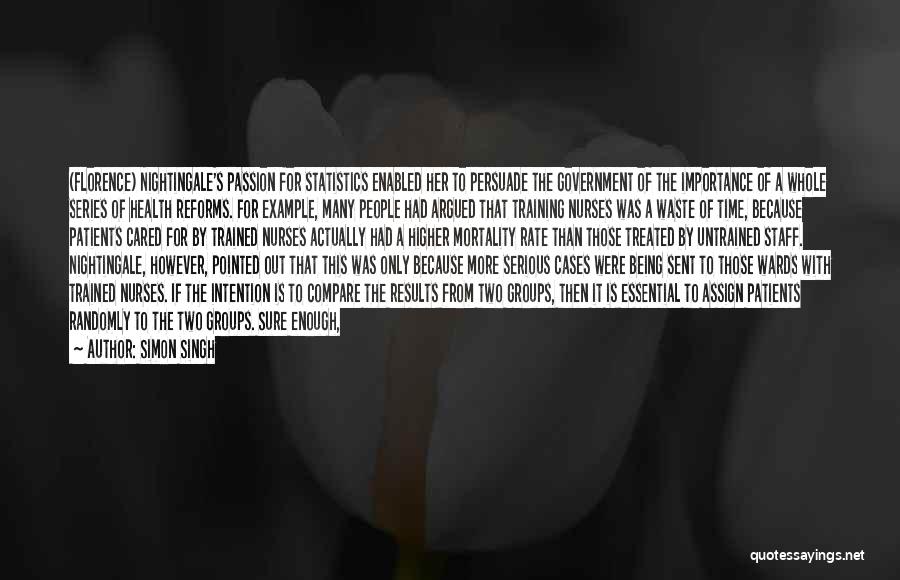Quotes & Sayings About Importance Of Health And Medicine
Enjoy reading and share 2 famous quotes about Importance Of Health And Medicine with everyone.
Top Importance Of Health And Medicine Quotes

Medicine and society have entered into a folie a deaux regarding medicine's importance in gigantic population ills. We believe that genetics and pills and enzymes bring us health. We wait for the dementia cure (the obesity cure, the diabetes cure) rather than changing our society to decrease incidence and severity. We slash social welfare programs and access to GPs and ignore the downstream effect this will have on future generations.
To reduce non-communicable disease, the actions we need to take are societal: make it easier for people to move and eat well, strengthen education, promote community participation and meaningful work. Our collective delusion is that we can have all the benefits such a society would bring without the structural supports necessary to bring it into being, that we can attain health by inventing and buying drugs.
It is hard to know which is the more utopian vision: magic pills or a society serious about prevention. — Karen Hitchcock

(Florence) Nightingale's passion for statistics enabled her to persuade the government of the importance of a whole series of health reforms. for example, many people had argued that training nurses was a waste of time, because patients cared for by trained nurses actually had a higher mortality rate than those treated by untrained staff. Nightingale, however, pointed out that this was only because more serious cases were being sent to those wards with trained nurses. If the intention is to compare the results from two groups, then it is essential to assign patients randomly to the two groups. Sure enough, when Nightingale set up trials in which patients were randomly assigned to trained and untrained nurses, it became clear that the cohort of patients treated by trained nurses fared much better than their counterparts in wards with untrained nurses. — Simon Singh





